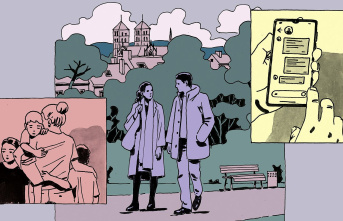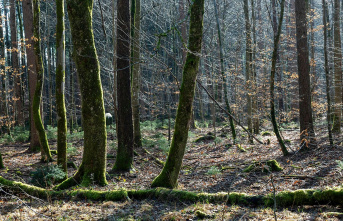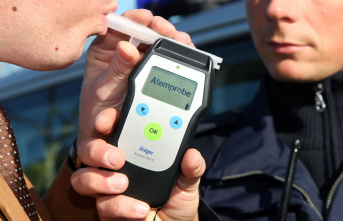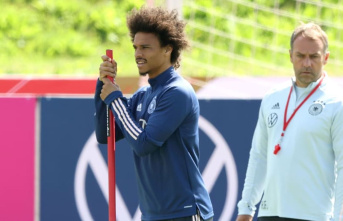The market for dinosaur skeletons is peculiar enough that many people might be surprised that fossils of this type are even traded on the open market. But of course there are collectors with enough money (and space) for such rare pieces. And so a stately example was for sale in the auction house Christie's, in the branch in Hong Kong. The skeleton of a Tyrannosaurus Rex, nicknamed "Shen", was estimated to be worth around $25 million.
But now it has become known that the Dino will not go under the hammer on November 30th, but will be lent to a museum by the previous owner. The auction house did not reveal what prompted the stranger to do so - however, doubts had previously arisen about the authenticity of the skeleton. Because there are not too many complete Tyrannosaurus Rex, and the experts know them all. And one noticed something unusual.
Peter Larson, the President of the Black Hills Institute for Geological Research in the USA, has dealt intensively with a T-Rex named "Stan" on display in South Dakota. His institute also has the rights to plaster casts of the skeleton, which it sells to collectors in their original size (also for substantial sums). And Larson and his team know every detail of "Stan". Also special unique holes on his gigantic skull. And the "Shen" offered in Hong Kong has exactly these holes... in exactly the same places.
The assumption of the experts: "Shen" is not a complete dinosaur skeleton, but was completed with plaster casts of other specimens in an unfair way. It is probably still scientifically valuable and interesting for collectors, but nobody is offering 25 million dollars more for the T-Rex. And before a sale, every little bone would have to be checked for authenticity. Loaning it to a museum was probably the better option for everyone involved - and so at least the public also gets something from the dinosaur.
What: BBC












